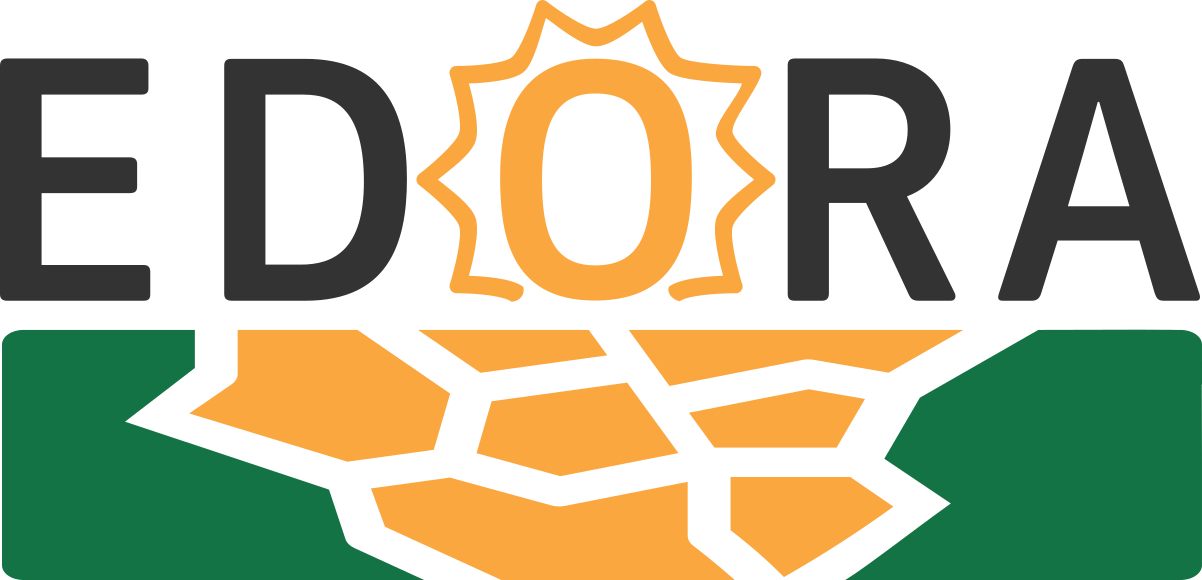
Droughts and water scarcity are an increasing problem in many parts of Europe. Climate change is expected to increase drought hazard, affecting both the frequency and magnitude of droughts. Changes in precipitation, combined with rising temperatures, will significantly worsen existing stresses on the quality and quantity of freshwater resources. Economic development, human health and ecosystems are inseparably linked to sufficient availability of freshwater. The European Green Deal and its initiatives now provide the necessary framework and momentum to move forward with an ambitious agenda on water quantity management, along with an increasing awareness and the application of new water legislation.
In line with the adoption of the new EU Strategy on Adaptation to Climate Change in 2021, the European Commission (DG Environment and DG Joint Research Centre) launched the European Drought Observatory for Resilience and Adaptation project (EDORA), aiming to improve drought resilience and adaptation throughout the EU.

Objectives
The EDORA project aims at strengthening the European Drought Observatory (EDO), hosted by the Joint Research Centre (JRC), by enhancing drought risk assessment at different scales, aggregating data on impacts in different sectors, and fostering connections and establishment of drought observatories in the Member States. These actions will ultimately enhance the resilience and adaptation to drought across the EU, by offering a common core of operational data and knowledge about droughts.

Main outputs by the EDORA project will include a drought impact database that compiles and structures information on drought impacts over the last 40 years across the EU, and a drought risk atlas, identifying the current baseline of drought risks as well as future risks under different climate change scenarios. Both products will encompass multiple sectors affected by drought across the EU (agriculture, energy, public water supply, ecosystems, inland navigation, tourism, and human health). To this end, risk assessment methods for different sectors will be substantially improved.
EDORA aims to increase the connections between existing drought observatories in the EU Member States, and, where lacking, to promote the development of new ones. The project will improve both coordination and geographical coverage of drought monitoring in the EU, as key to tackle current and future challenges related to drought.
Through EDORA, the European Drought Observatory intends to establish a network of drought observatories and to provide hands-on support for the the development or improvement of drought observatories across the EU.
A review of recent developments in drought management plans, drought policies and drought adaptation strategies in the Member States will be carried out, in order to summarize current approaches and help to prepare for future challenges.
A network of European drought observatories
EDORA means to extend in both scope and number of partners the existing network of the European Drought Observatory, to facilitate the exchange of knowledge, methods and best practices for drought monitoring and for the assessment of sectoral risk and impacts. By providing a quantitative framework and by strengthening the connections between the existing drought observatories in Member States, EDORA will help drought management and adaptation plans to become more effective and efficient in mitigating the impacts and risks of current and future droughts in Europe.

By joining the informal network, partners benefit from:
- Membership of a pan-European community of drought practitioners, with opportunities to identify common goals and pool competences.
- Access to an active platform for knowledge exchange and a discussion hub for new drought products or research activities.
- EU-wide reach to advertise events, system updates, data releases, tenders, job vacancies, etc.
- Access and participation to the nascent pan-European drought impact database and drought risk products
- In case of data exchanges with EDO, assistance with data protocols and usage.
- Invitation to relevant events and trainings by EDO, JRC or other partners.
For the functioning of the network, which is informal and not binding, JRC and DG Environment prepared the following Terms of Reference.
